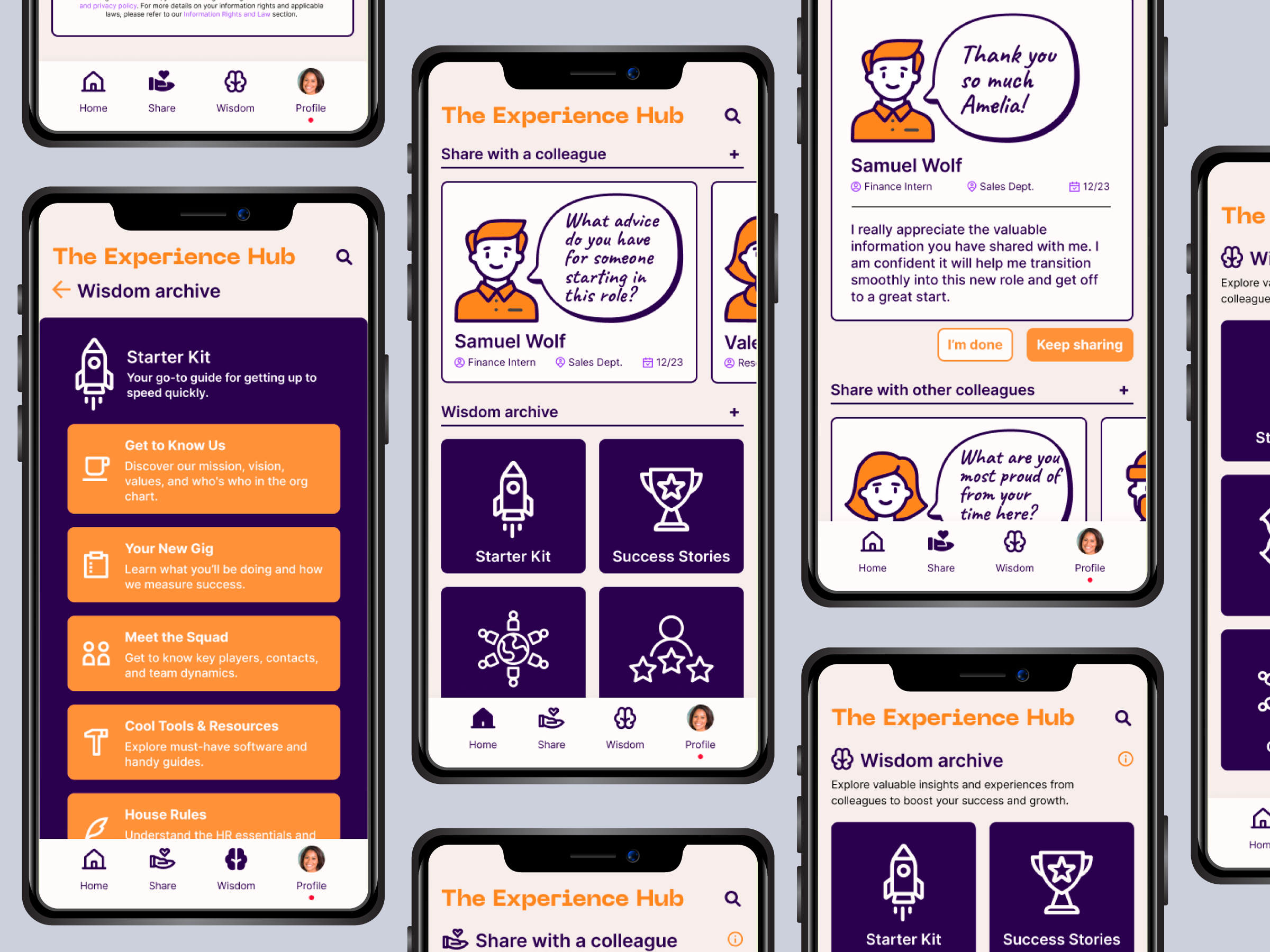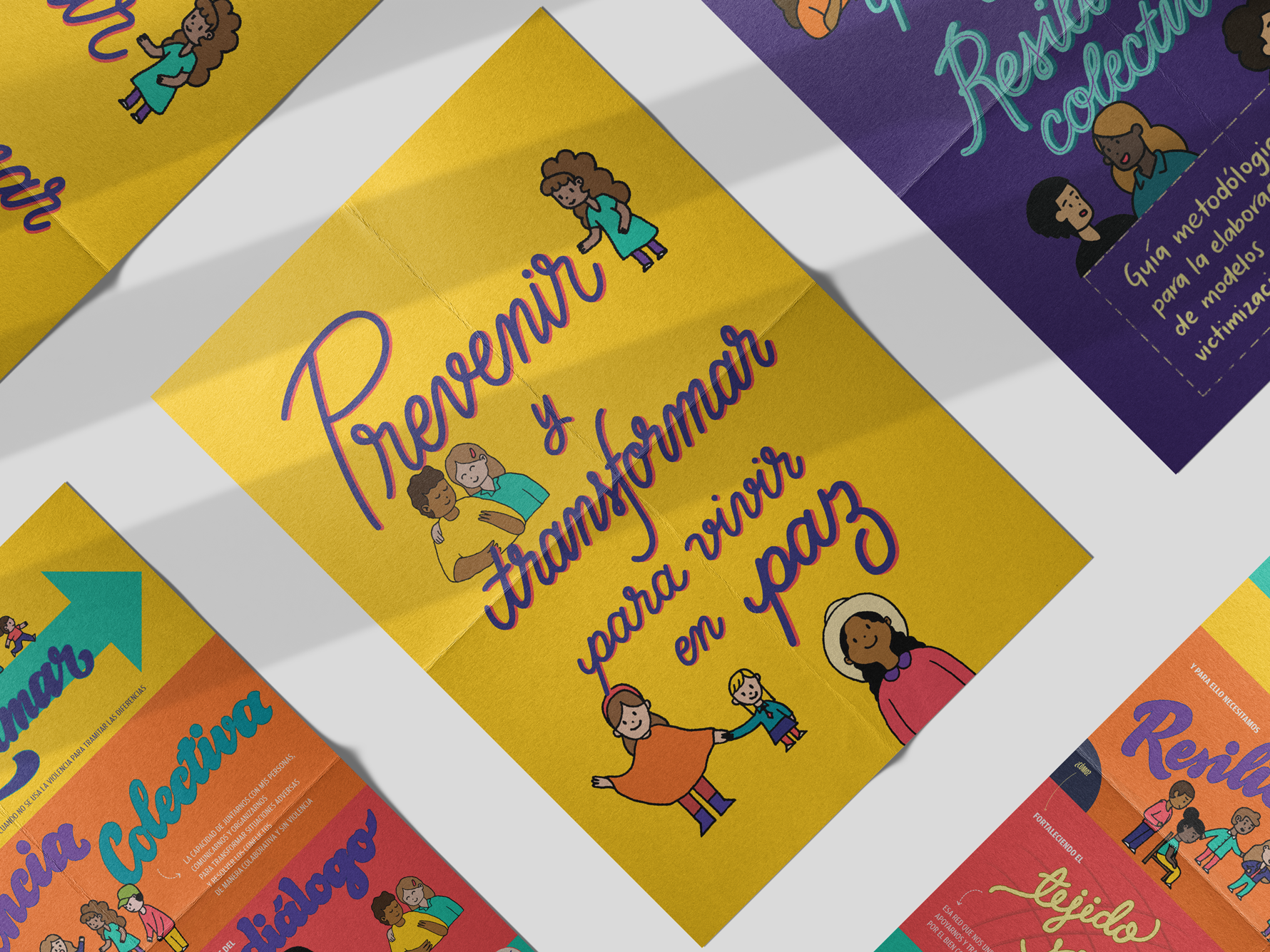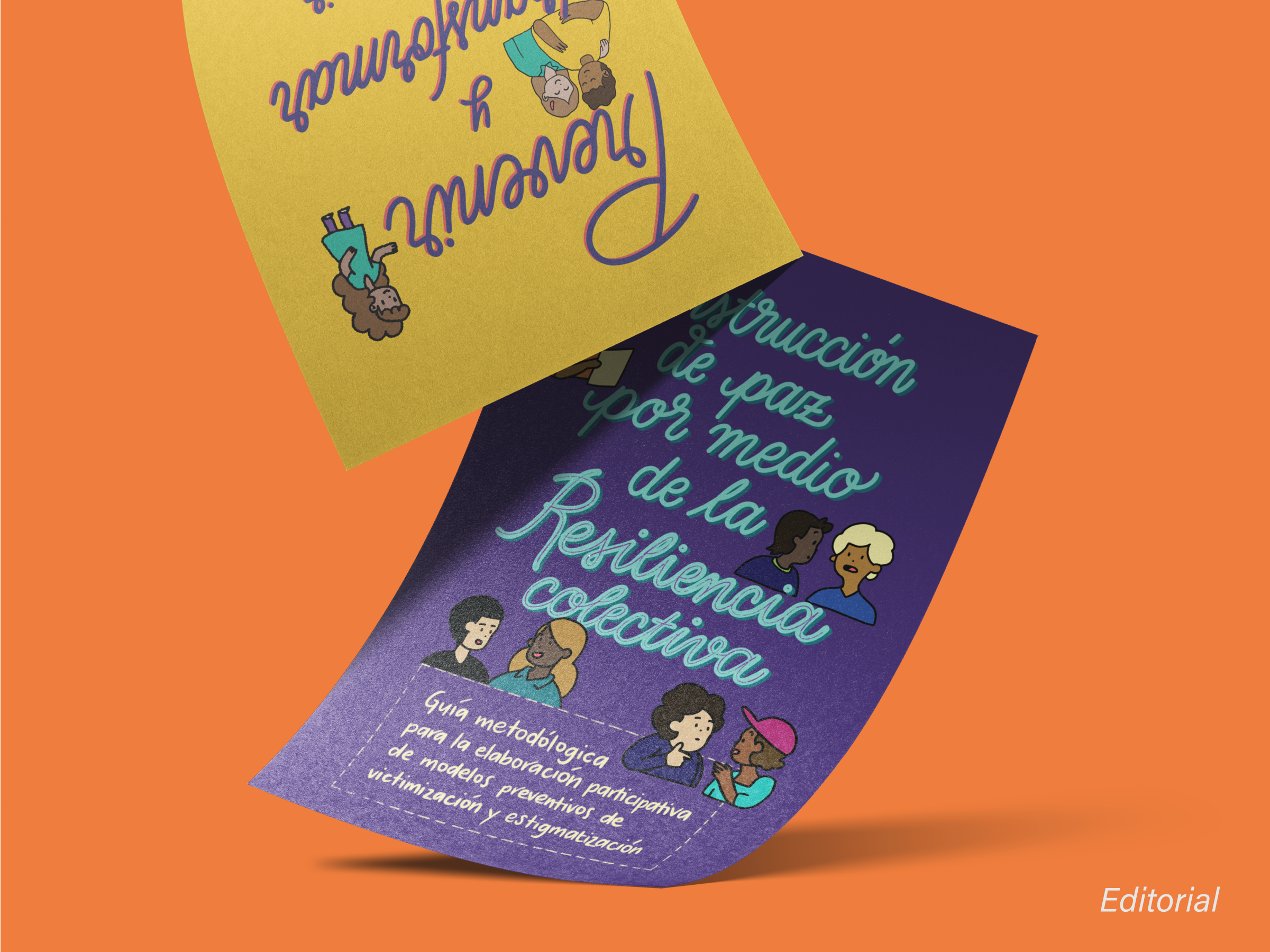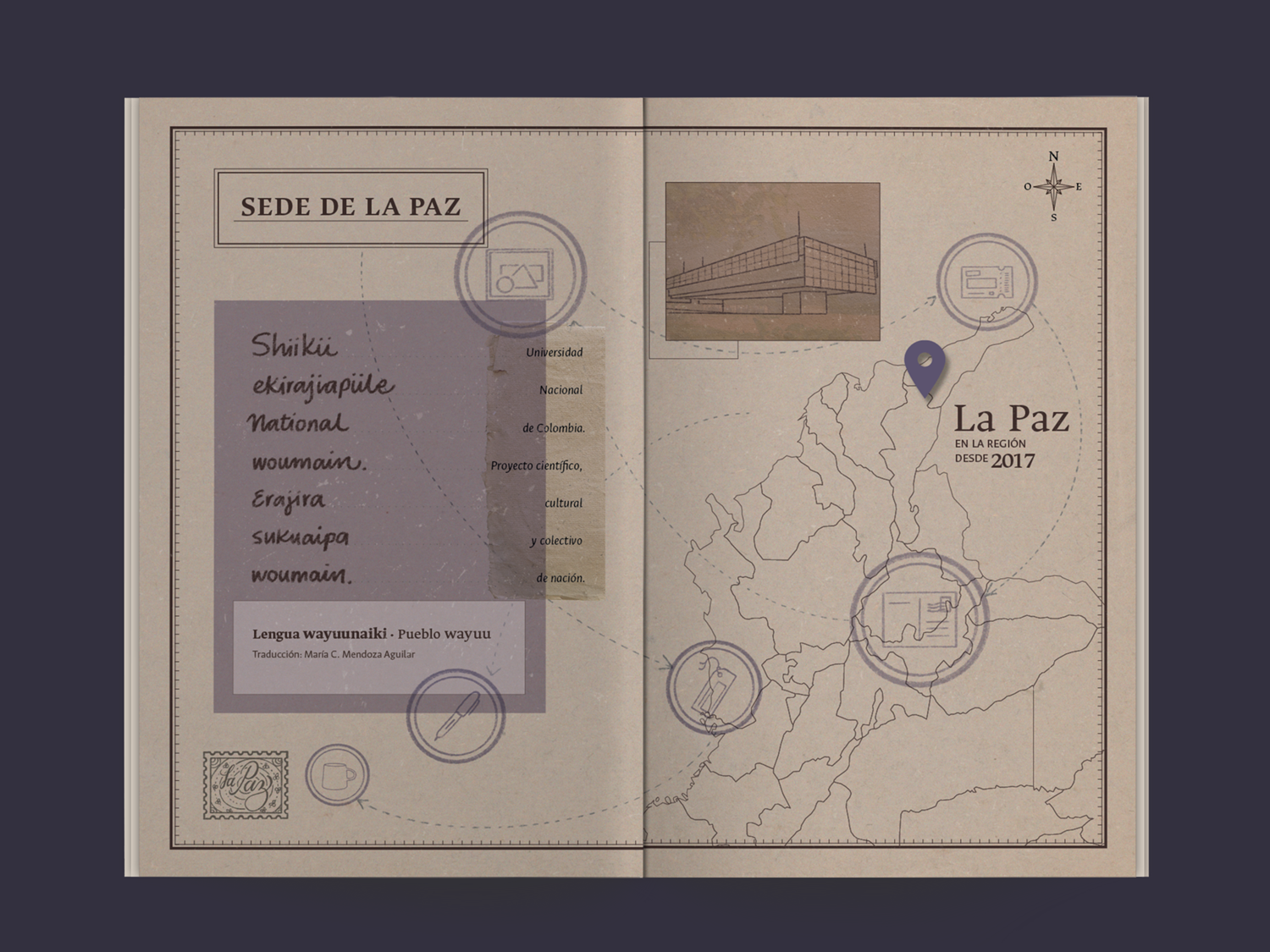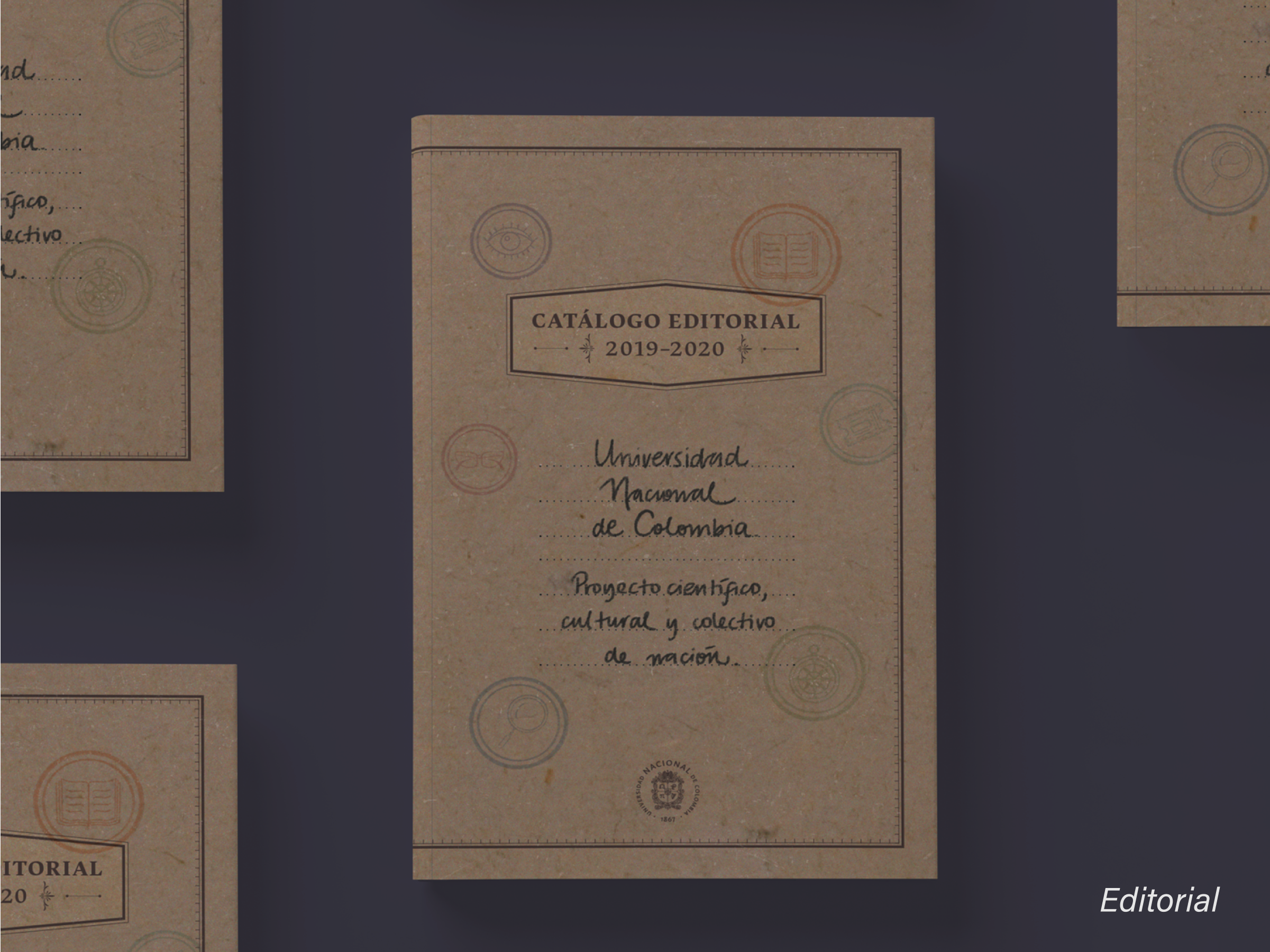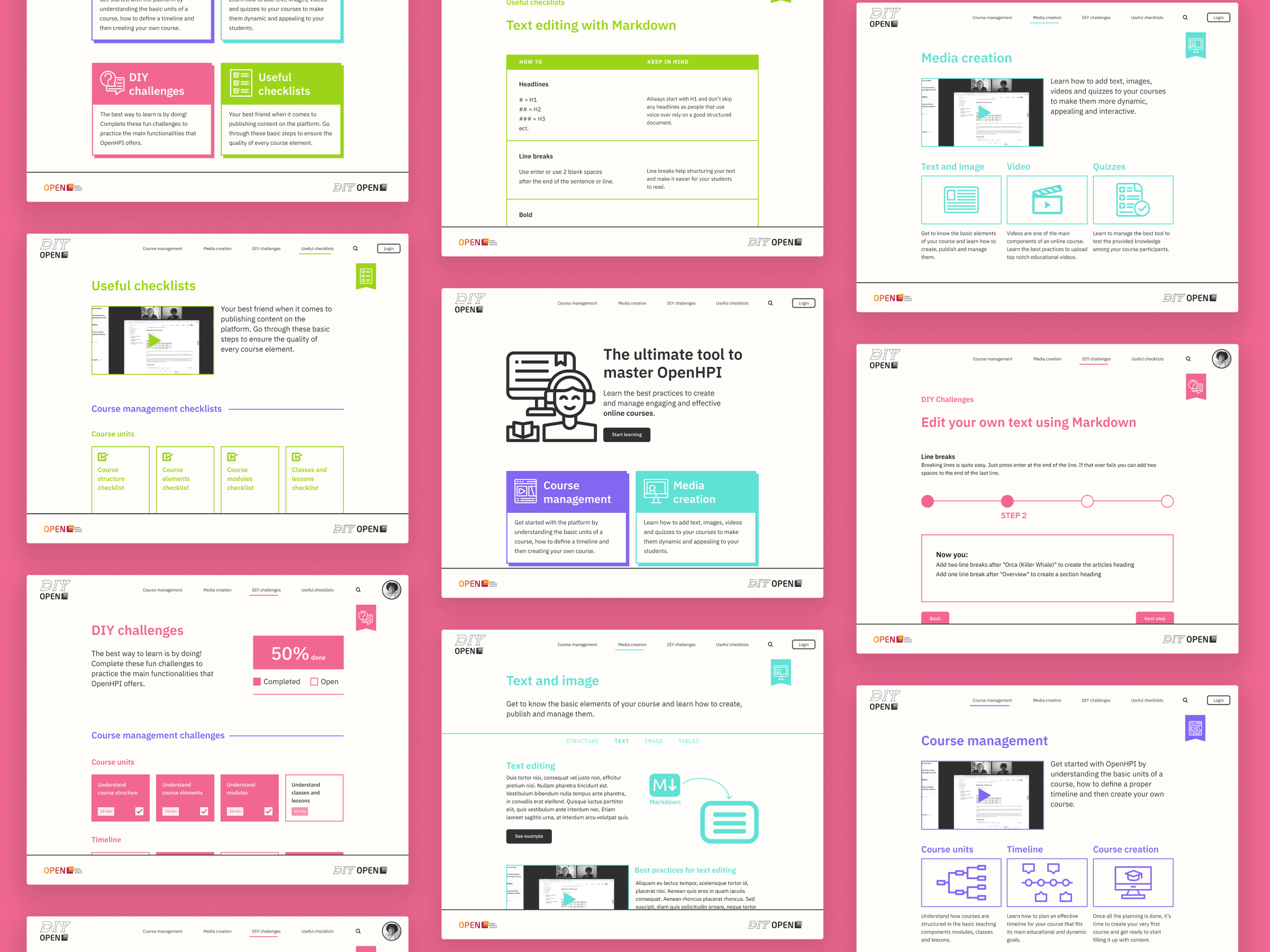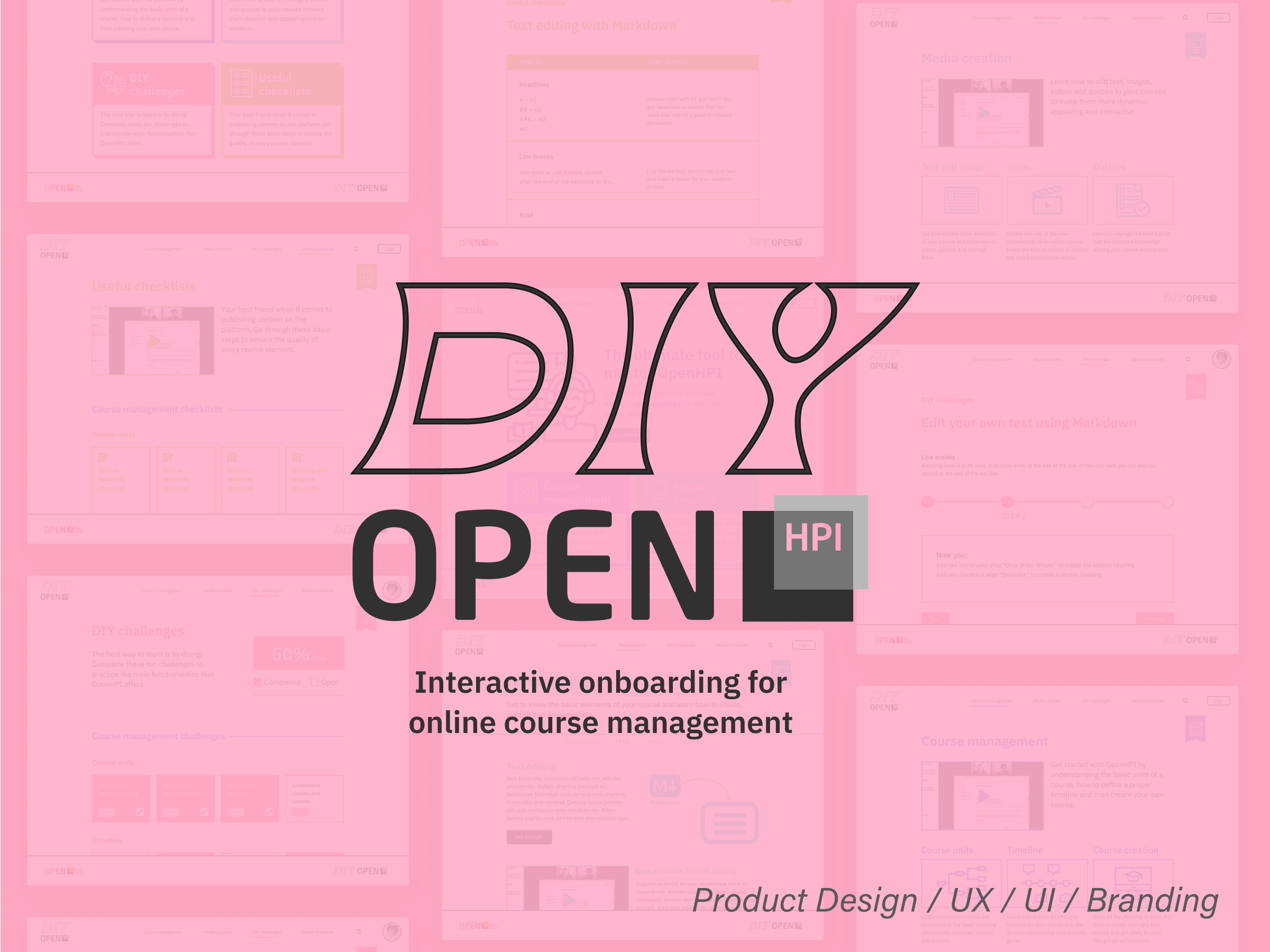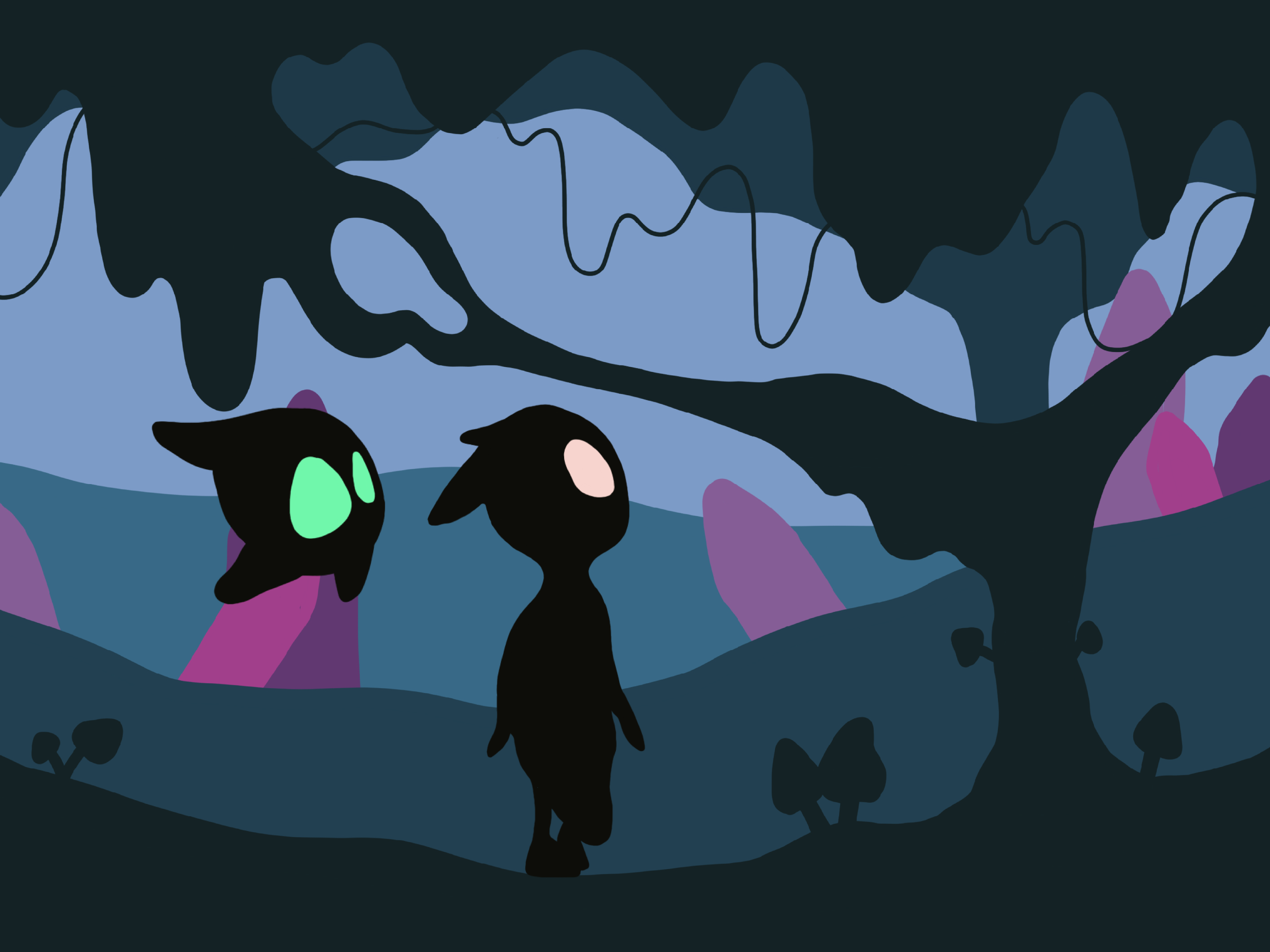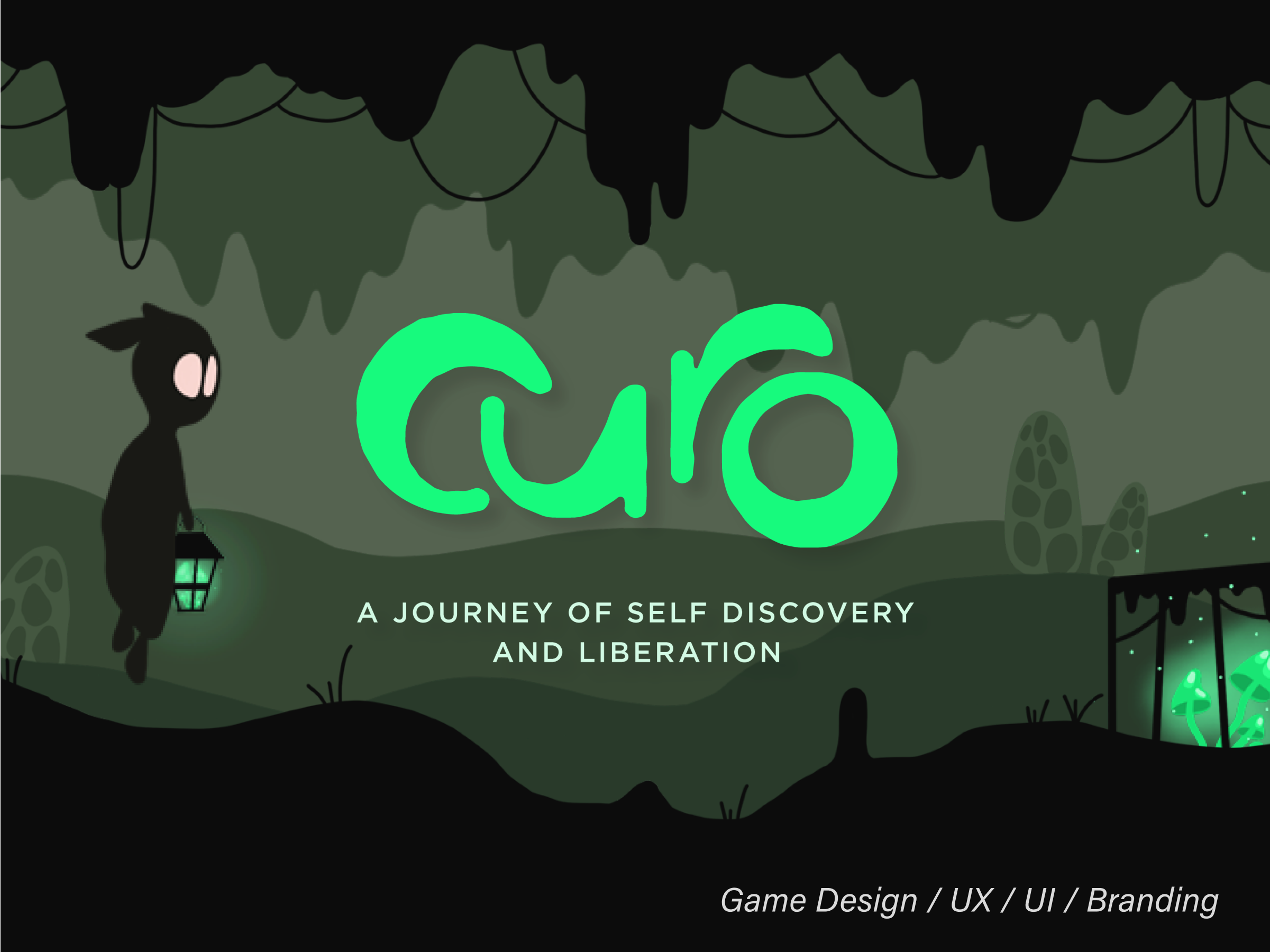The Kharon Project
Compassionate support for the end of life
Topic: Healthcare Innovation
Field: Social Design, Speculative Design
Skills in Action: Product Design, Research, Design Thinking, Branding, UX, UI.
In the face of death, a universal experience laden with complex emotions, The Kharon Project aims to address the often-overlooked aspects of the dying process by emphasizing it is not only important that we die but how we die. Kharon is a voice-based digital assistant driven by artificial intelligence, designed to facilitate communication and create meaningful experiences for families coping with a dying patient.
Problem Statement
Confronting the delicate matter of terminal illnesses and the challenges surrounding end-of-life decisions, we aimed to bridge the communication gap between patients, their families, and medical professionals.
Users and Audience
Kharon targets families dealing with terminal illnesses, aiming to ease the difficult journey by providing guidance, fostering communication, and creating lasting memories. The product also envisions future use by medical professionals as a complement to palliative care.
Roles and Responsibilities
In our multidisciplinary team, we collaborated with medical professionals, experts in end-of-life support, and designed the project with a focus on human-centered principles. Our roles encompassed research, ideation, prototyping, testing, and planning for production and distribution.
Process
Our initial research delved into the complex landscape of terminal illnesses, focusing on understanding the options available to individuals facing end-of-life decisions. Interviews with medical professionals highlighted the challenges and gaps in communication between patients, families, and healthcare providers.
Challenge reframe
This ubiquitous guiding problem led us to reframe the challenge by changing the focus from the medical professionals to the patient-relative relationship. We realized that, in the current world we live in, design can play a key role and moreover should serve humanity's common goal of the fulfillment of life.
Shaped by interview results and analysis, we created user personas and user journeys that guided the design process, emphasizing the need for personalized experiences and empathetic communication.
From low-fidelity sketches to high-fidelity wireframes, our design evolved, showcasing the progression of ideas and features. A style guide defined the color palette and typography for a consistent and visually appealing interface.
Brand manual
Wireframes
Prototype & Feature Description
Together with an app, Kharon starts by personalizing user experiences through targeted questions. This process tailors the interface based on the user's relationship to the patient, identified needs, and the patient's condition and location. The user then engages in a guided journey, accessing resources on local palliative care, stress and grief guidance, global stories, emergency contacts, in-app journaling, and death assistance.
The activities component offers sensorial experiences, facilitating communication and understanding, and creating automatic and easily accessible memories in various forms like photos, videos, voice recordings, or written texts.
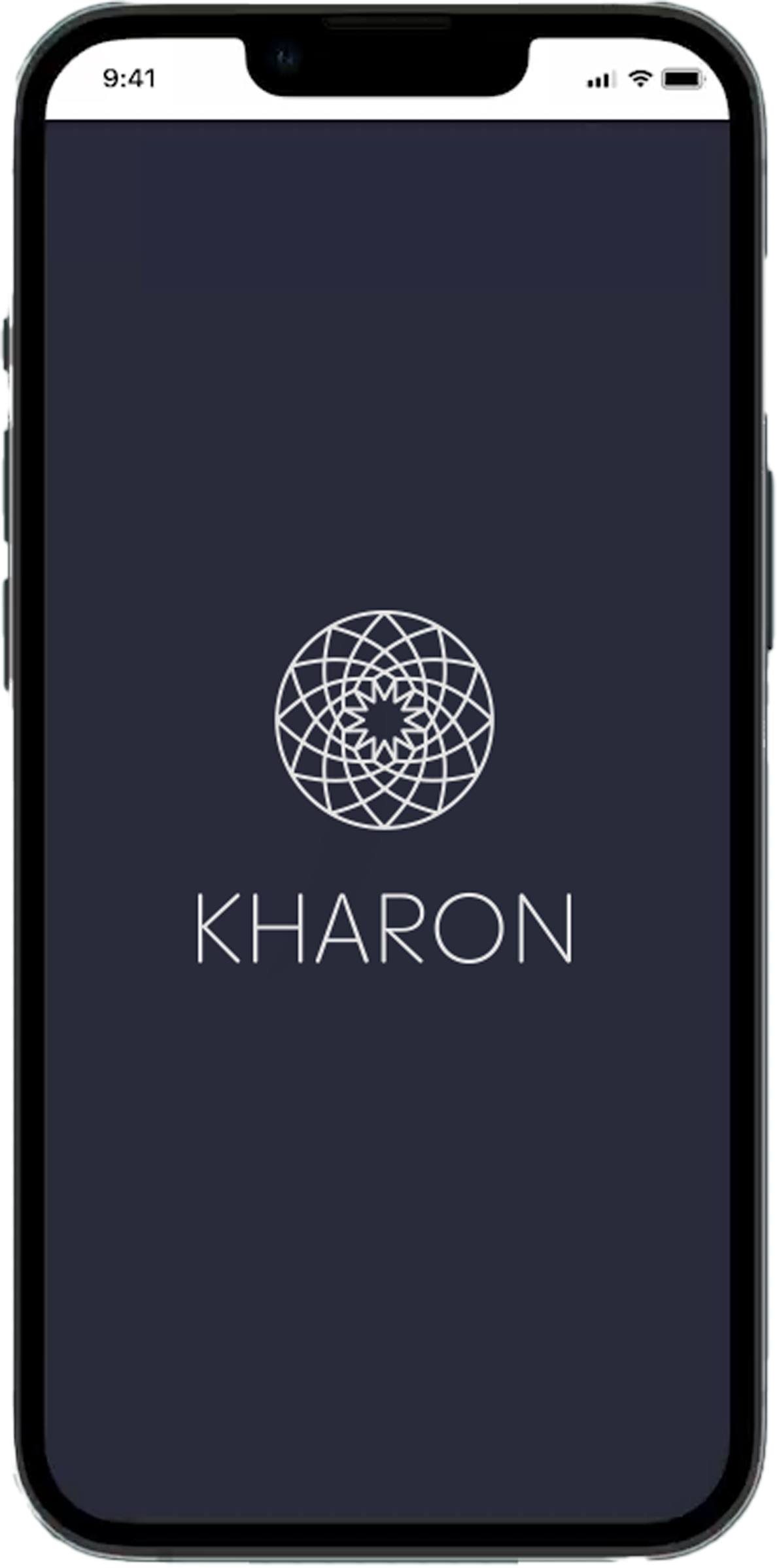
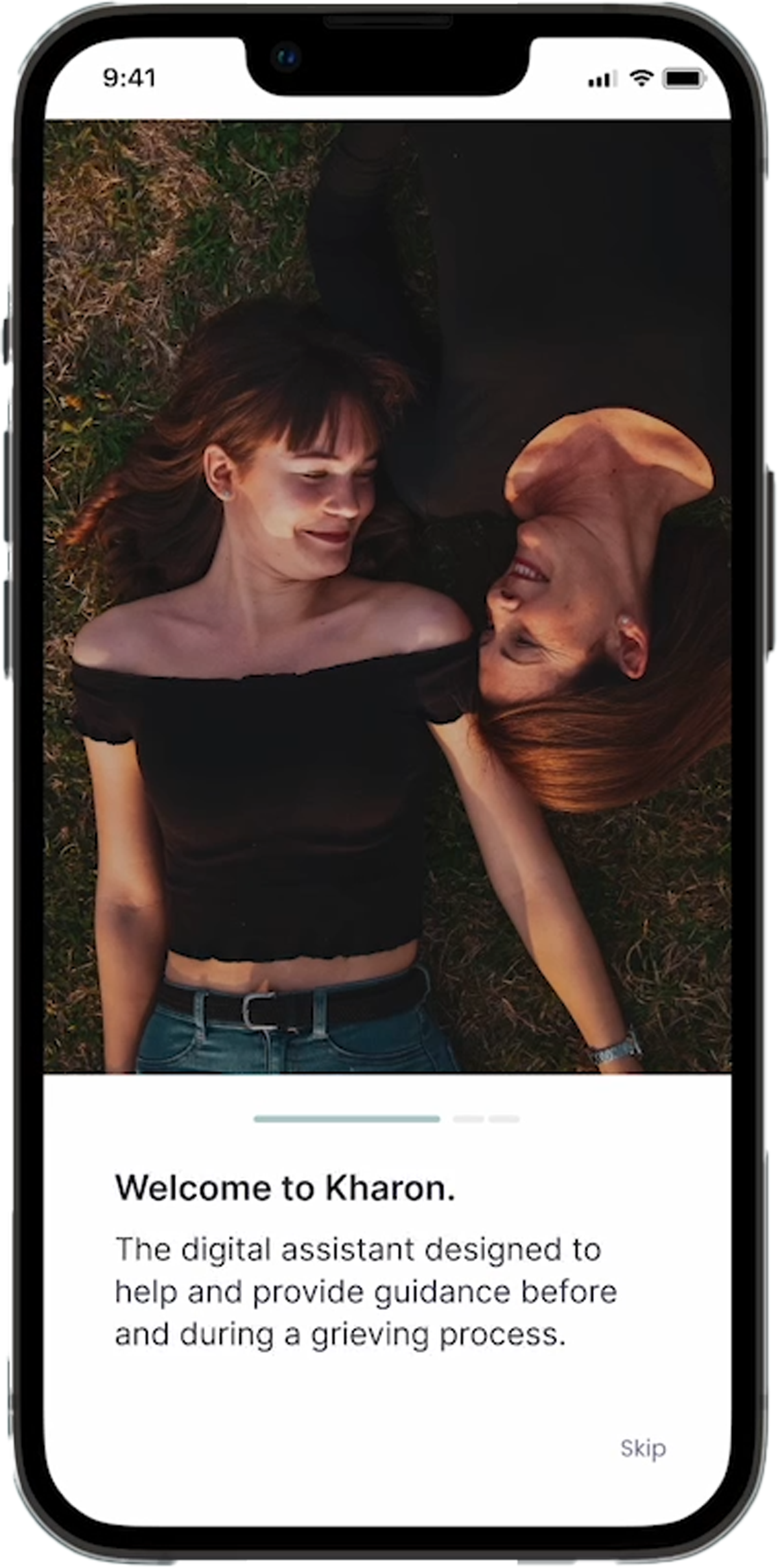
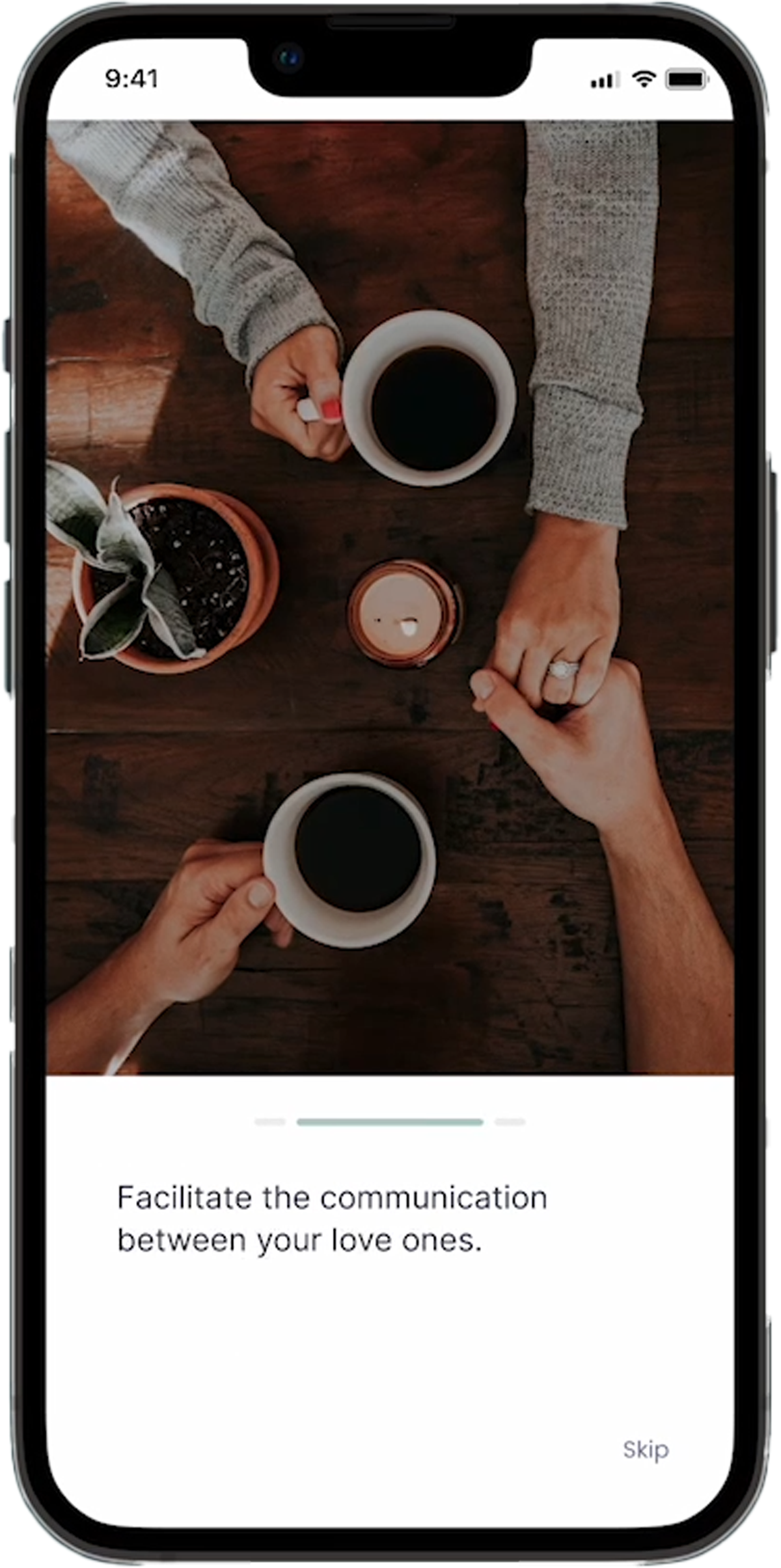
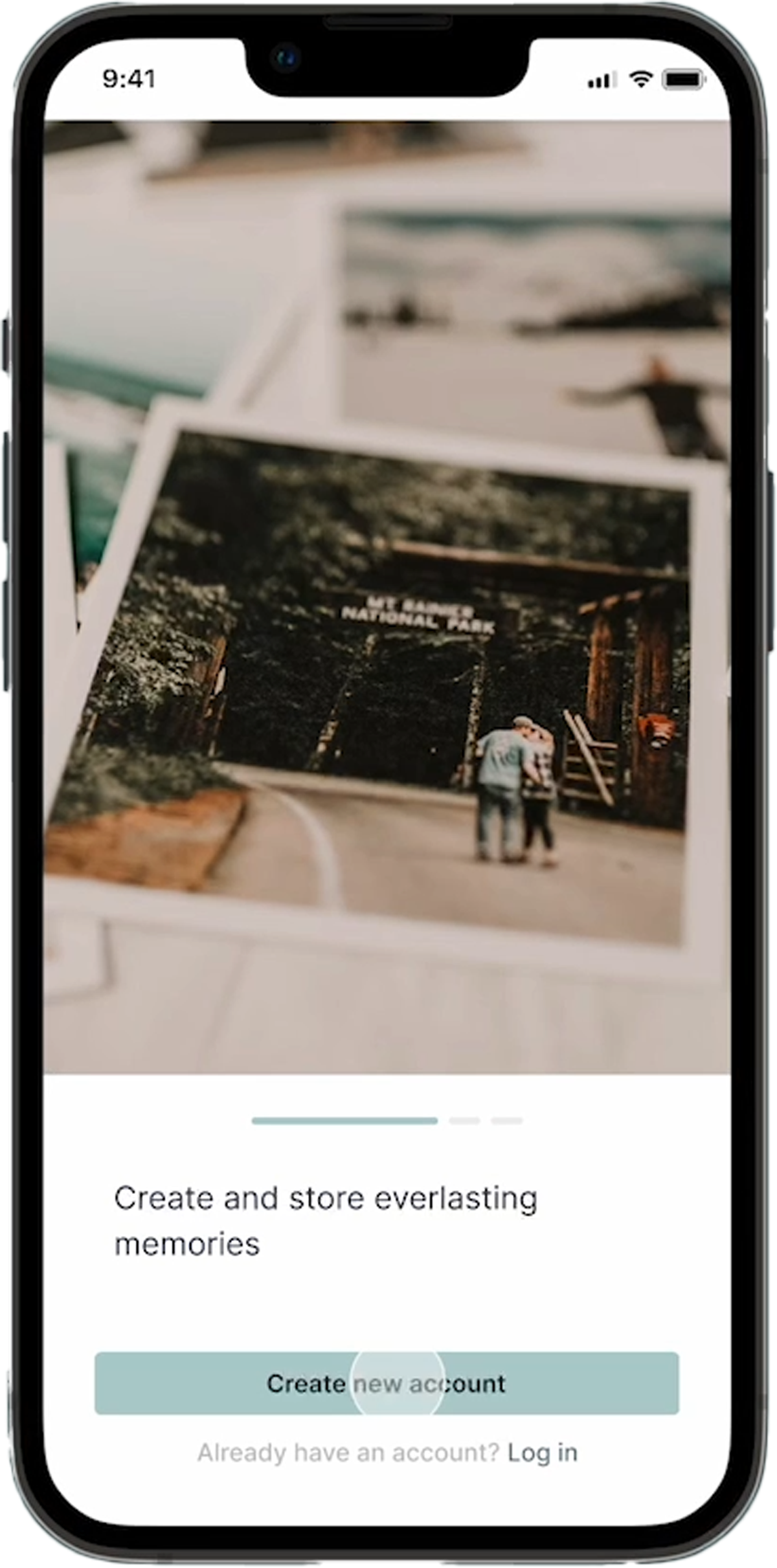
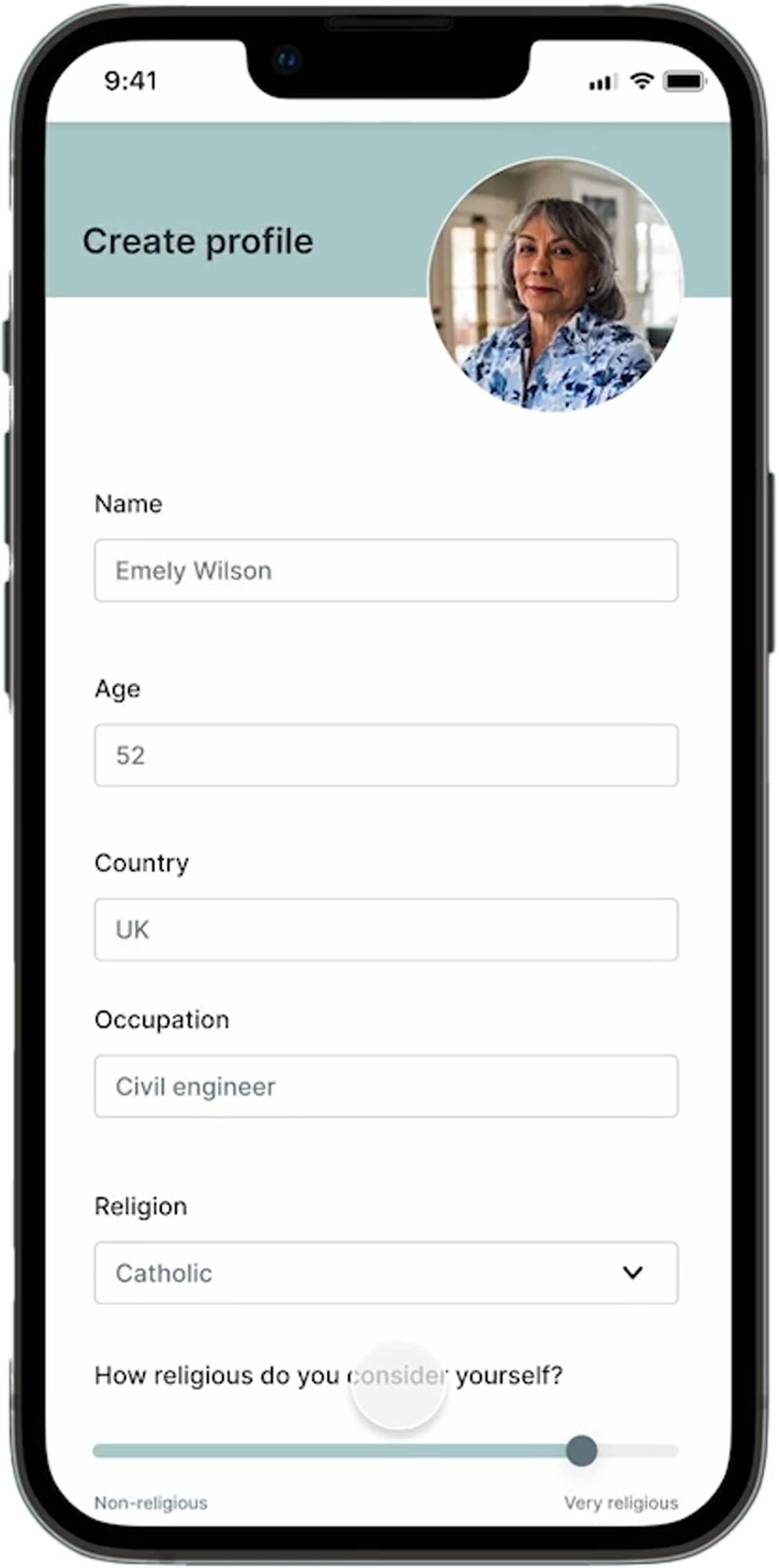
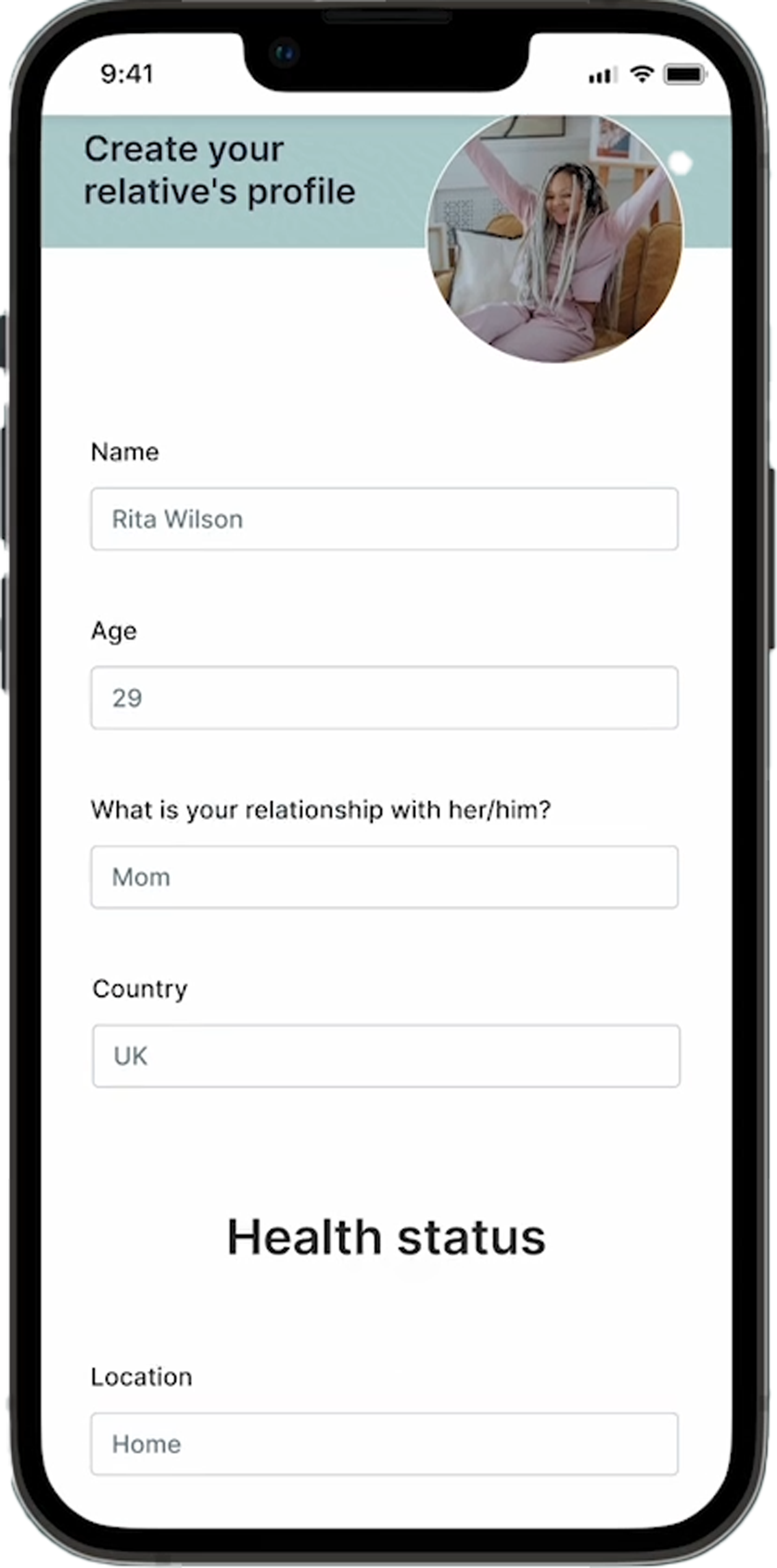
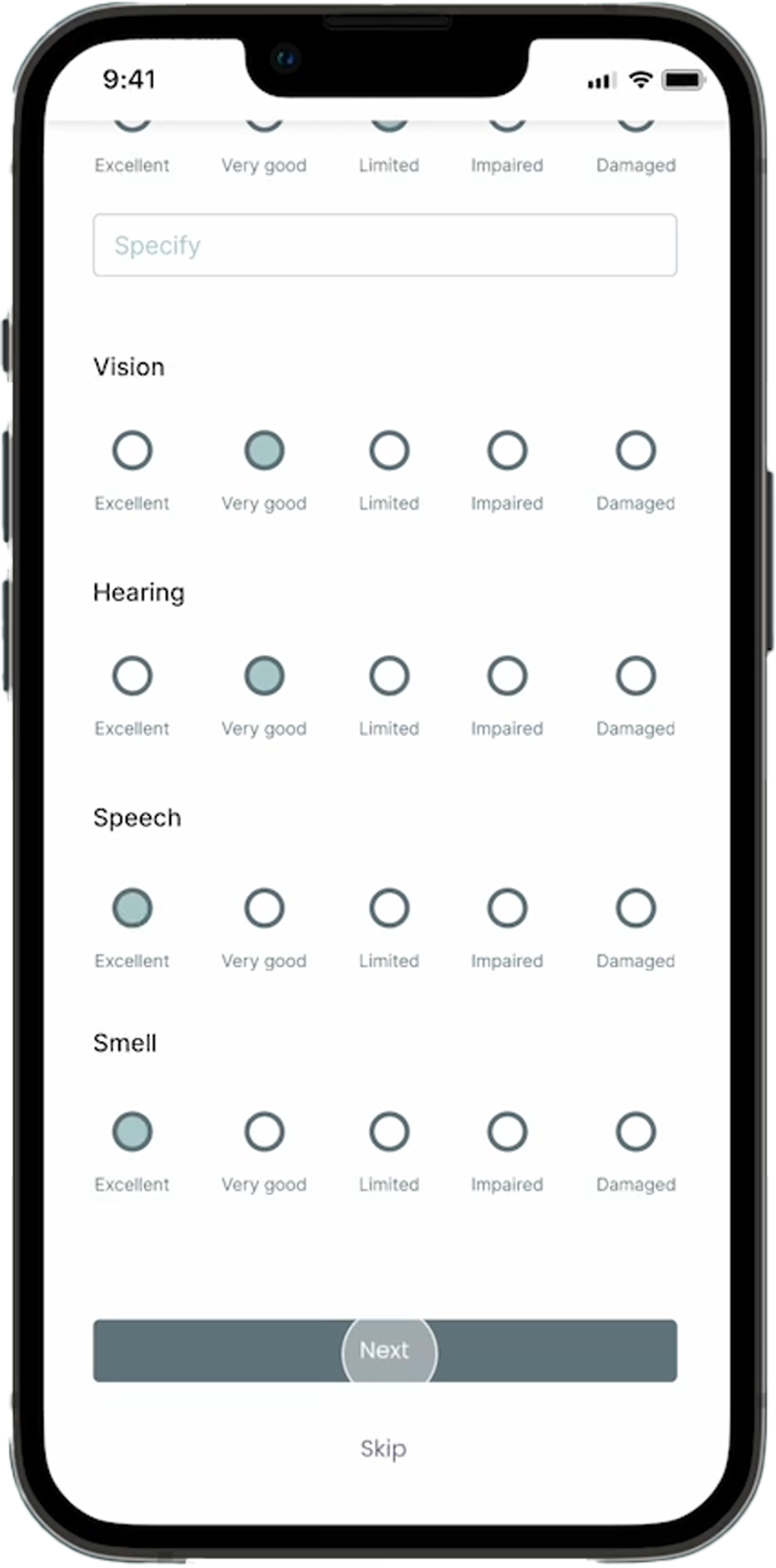
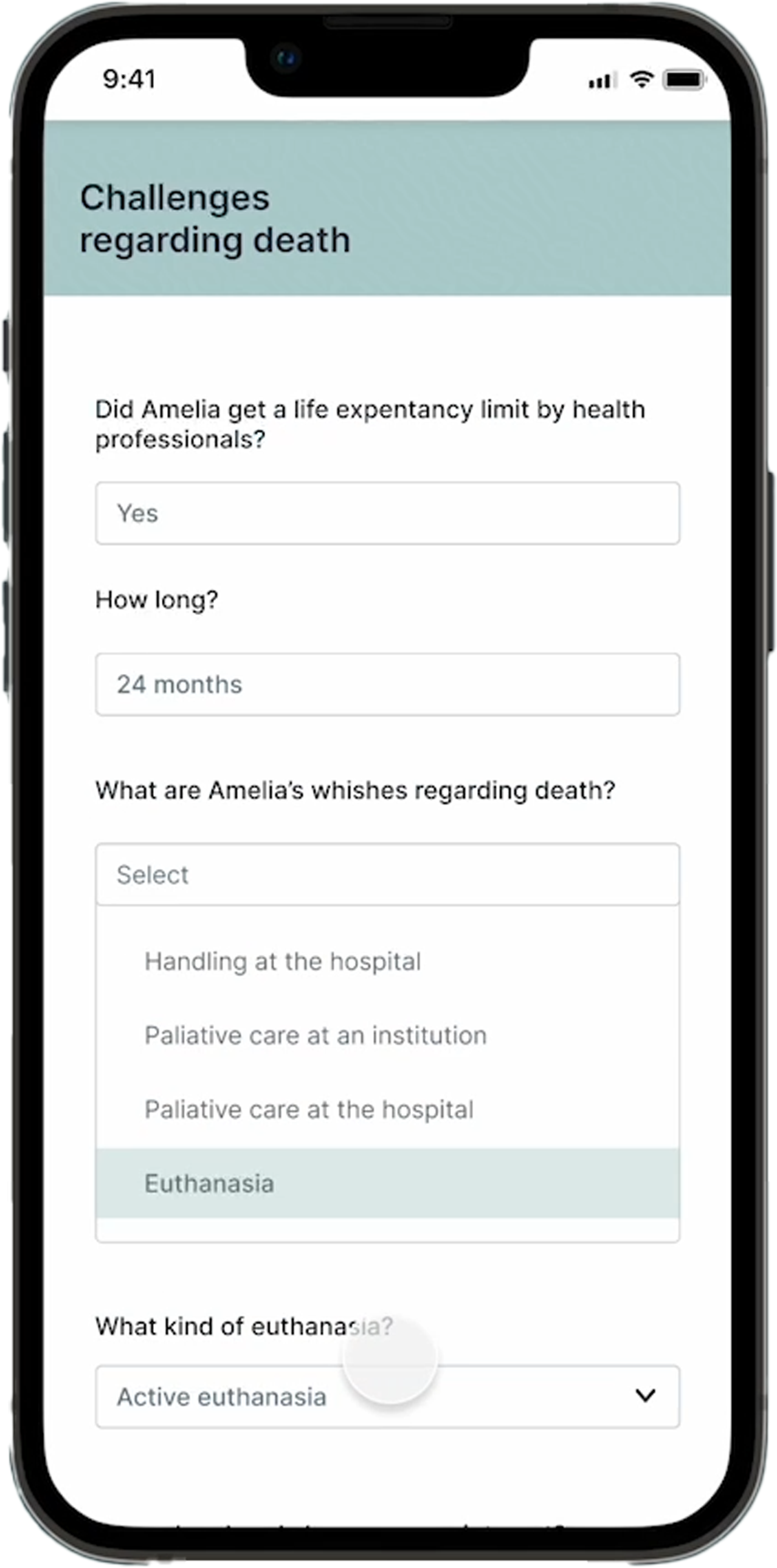
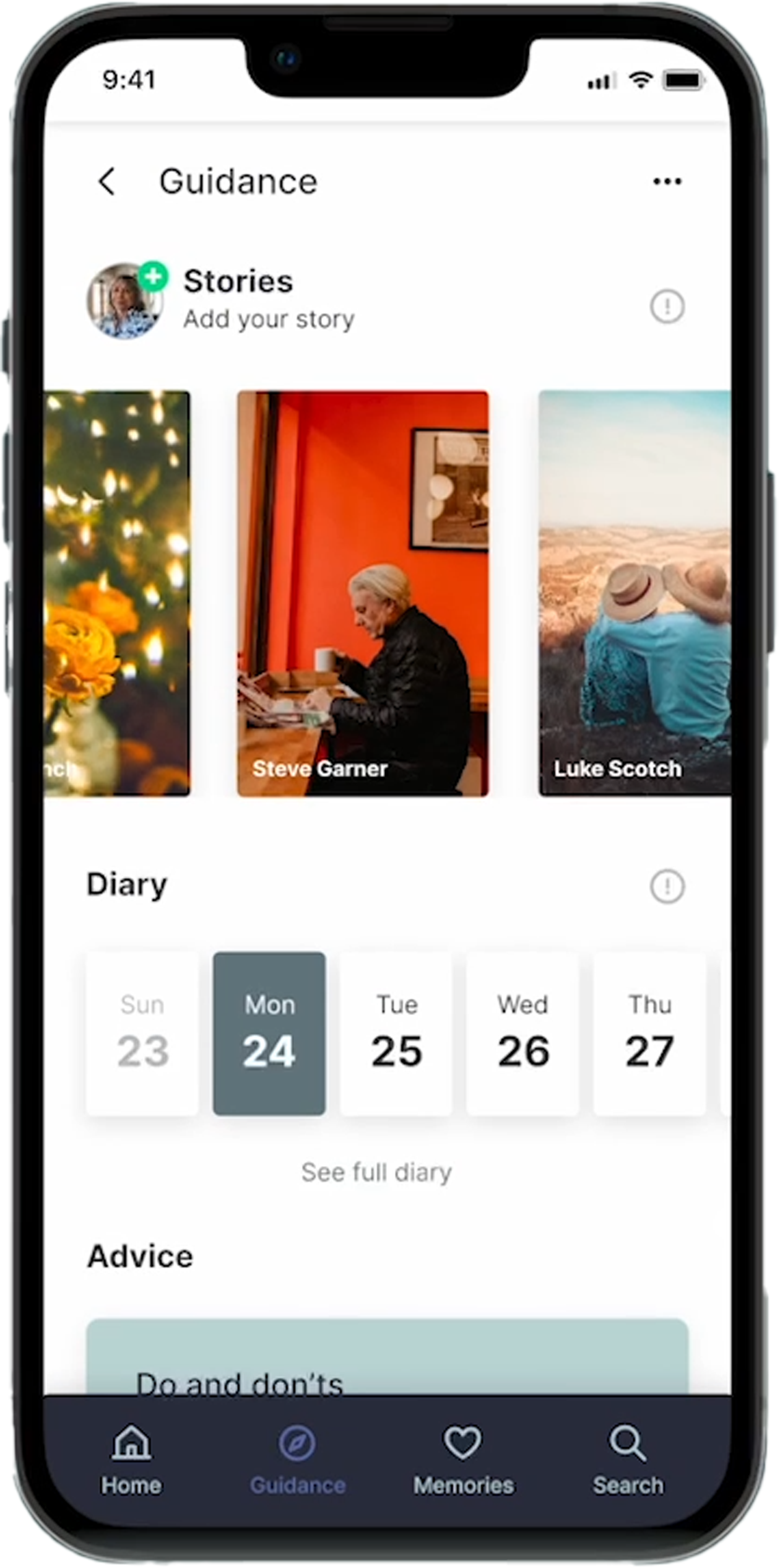
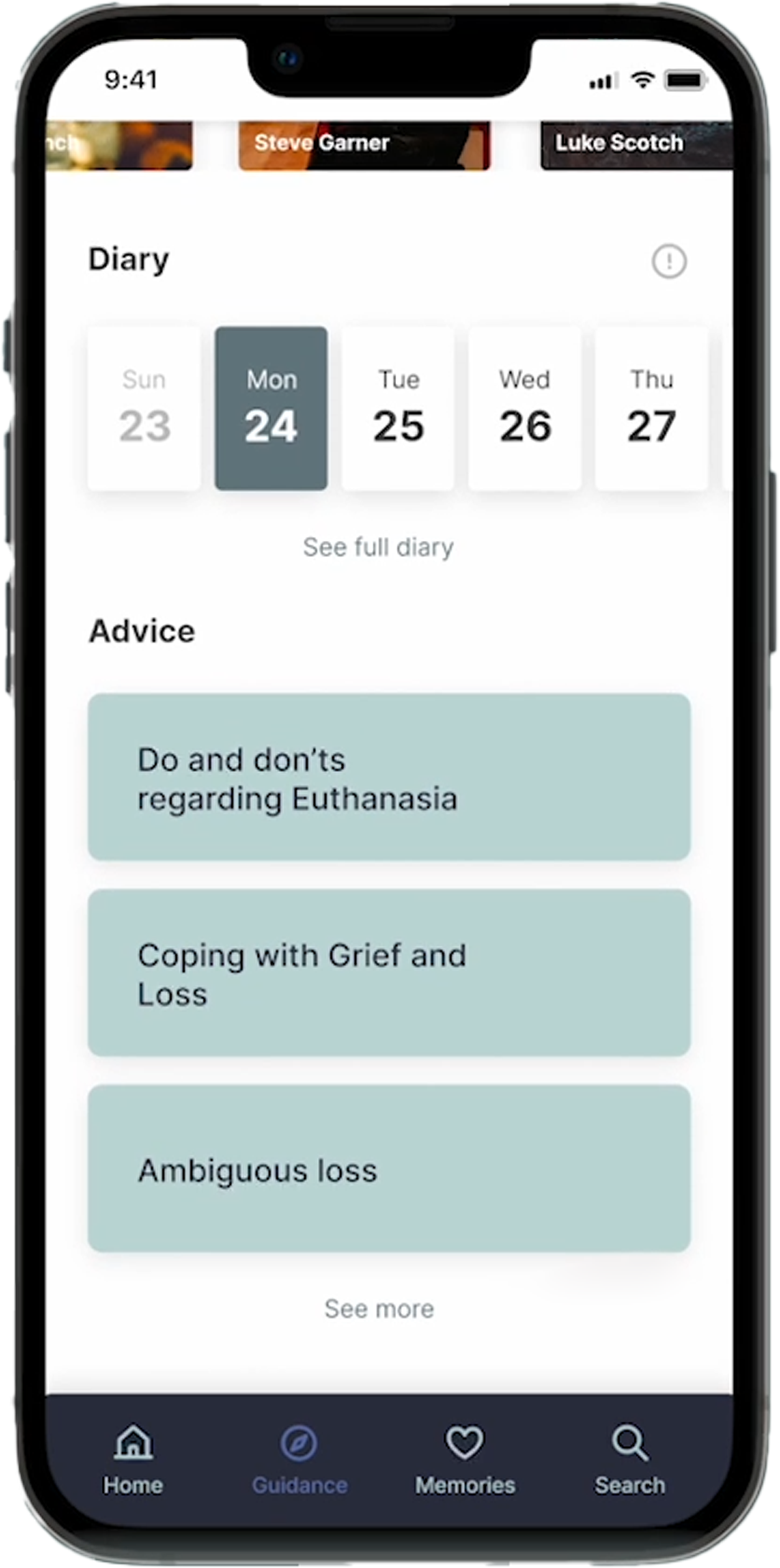
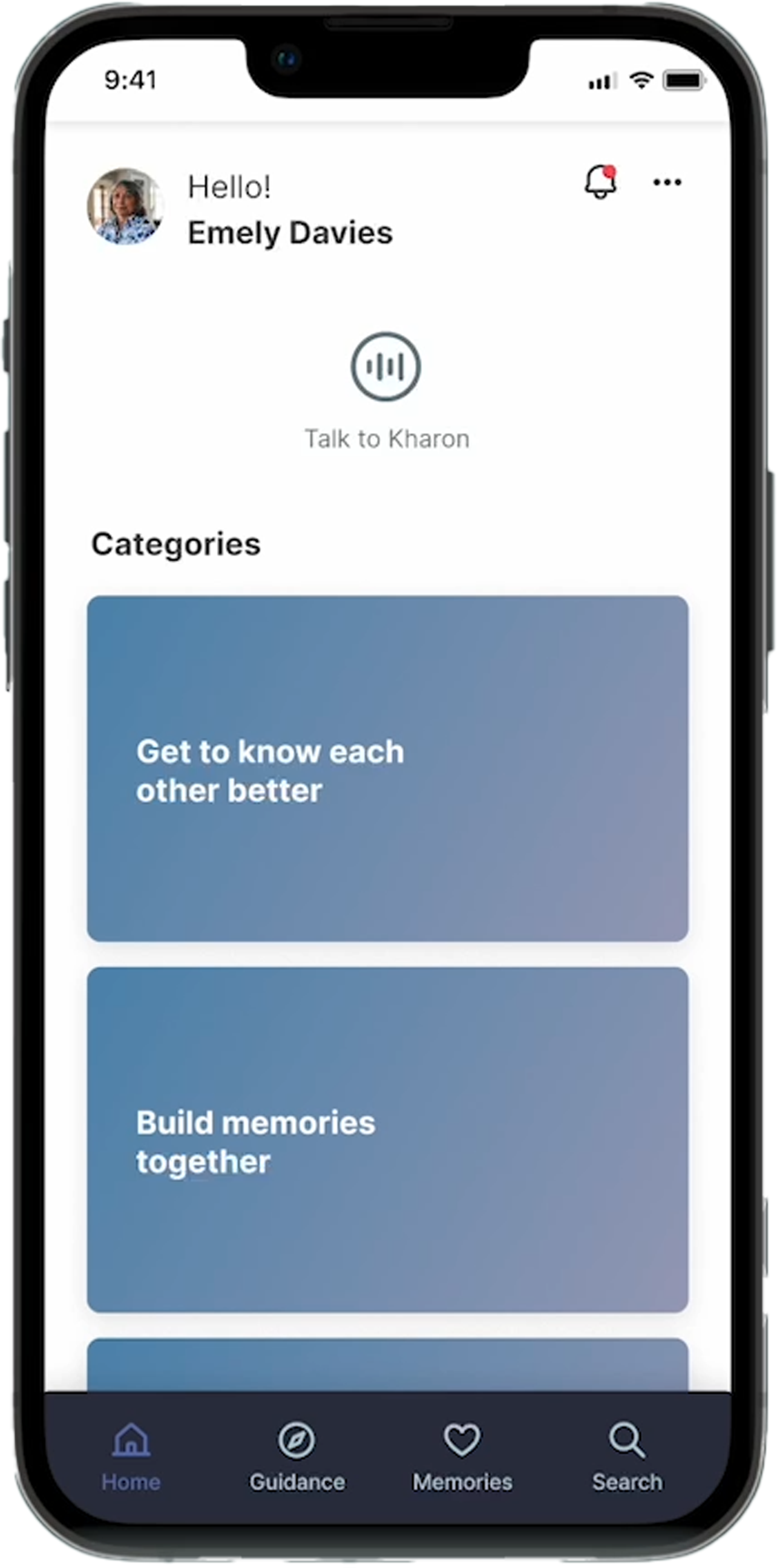
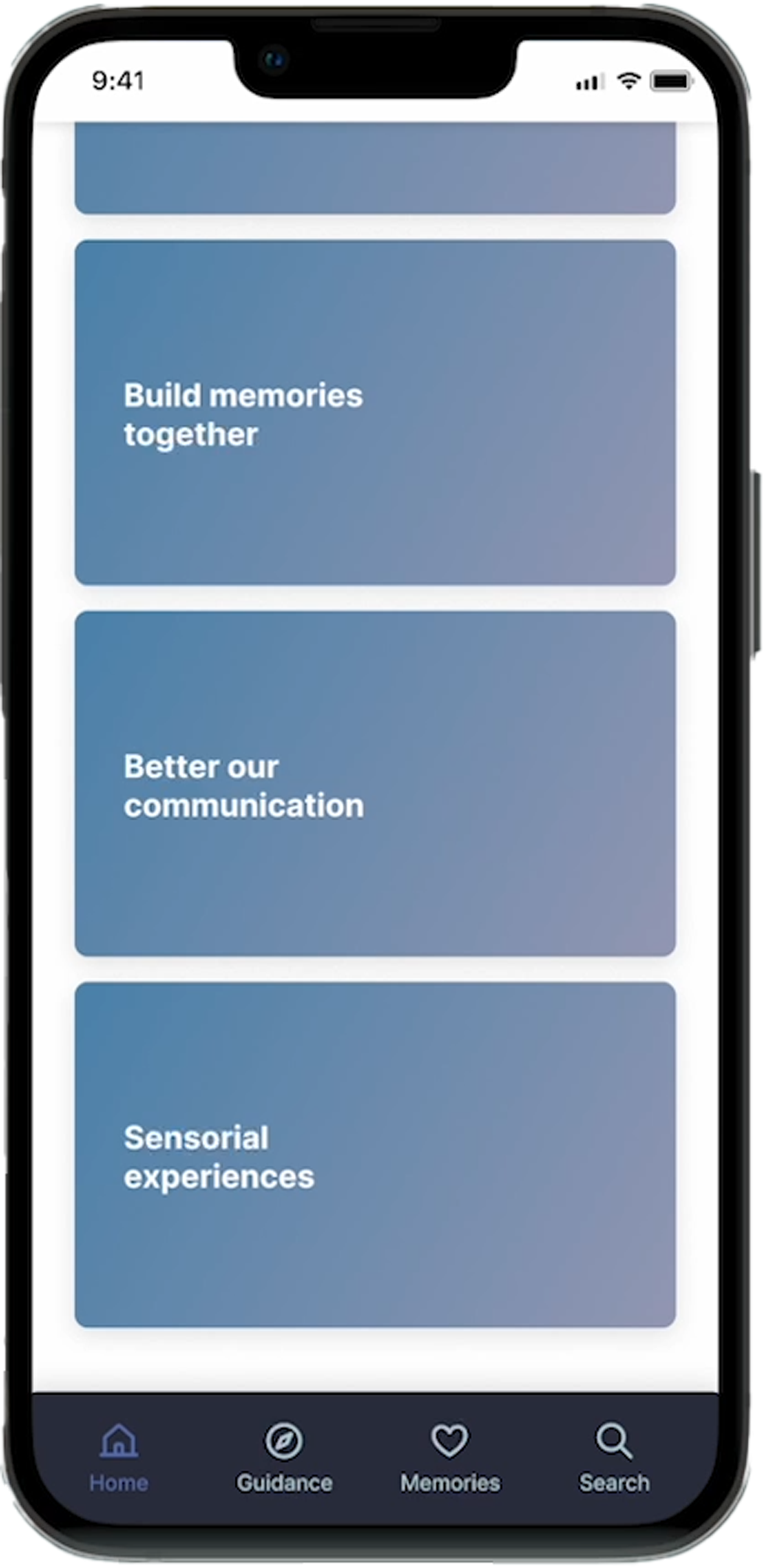
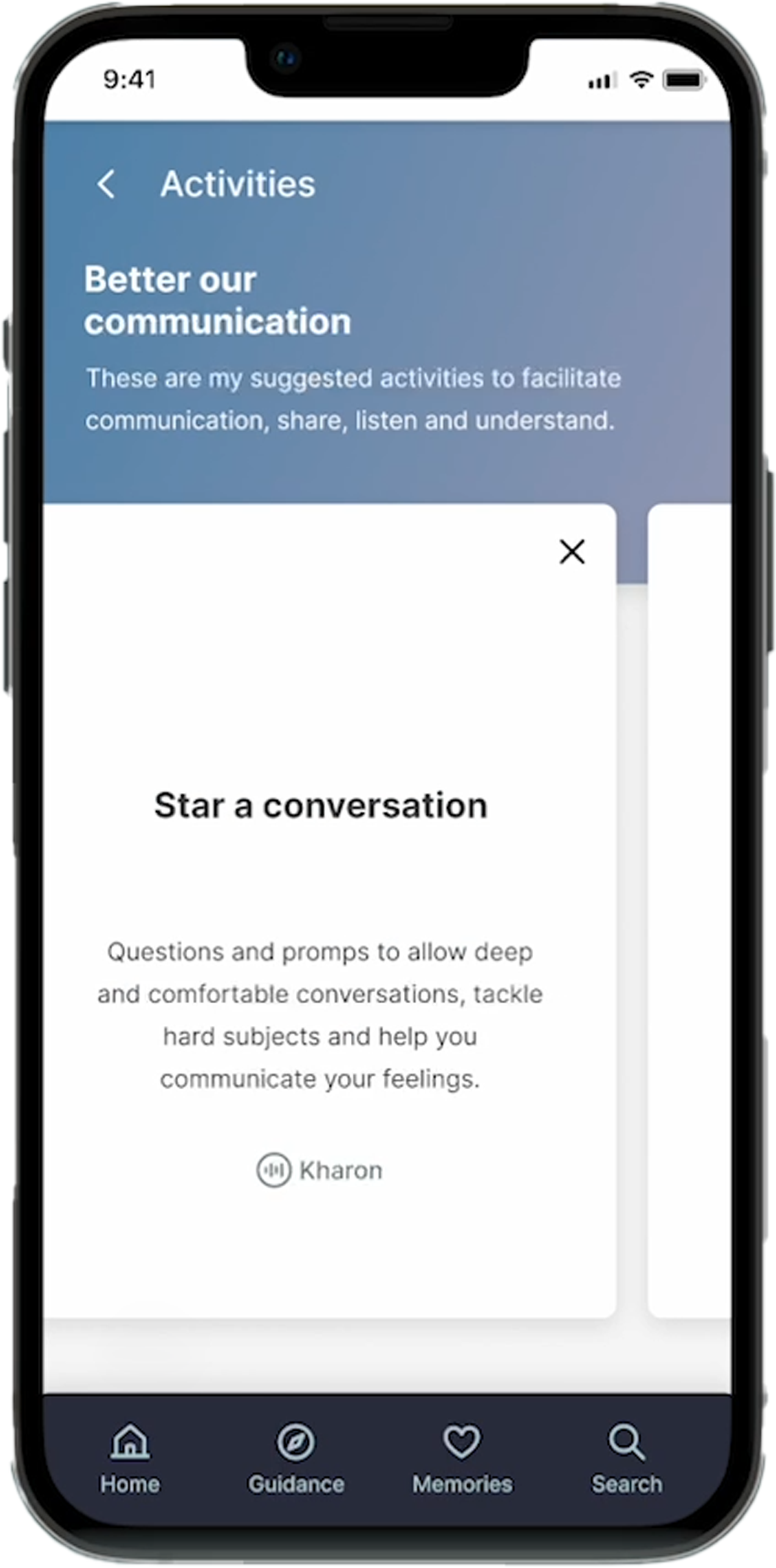
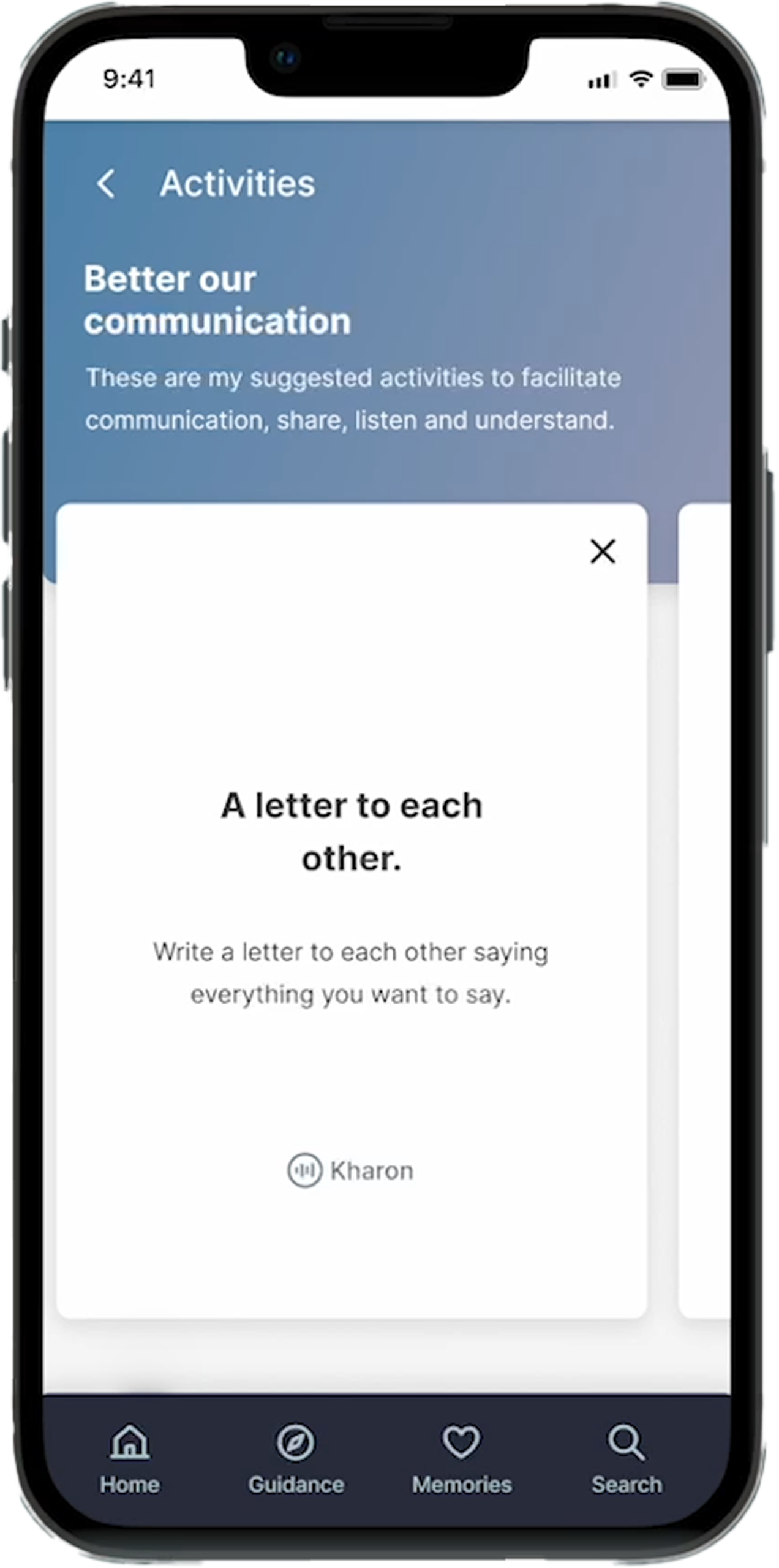
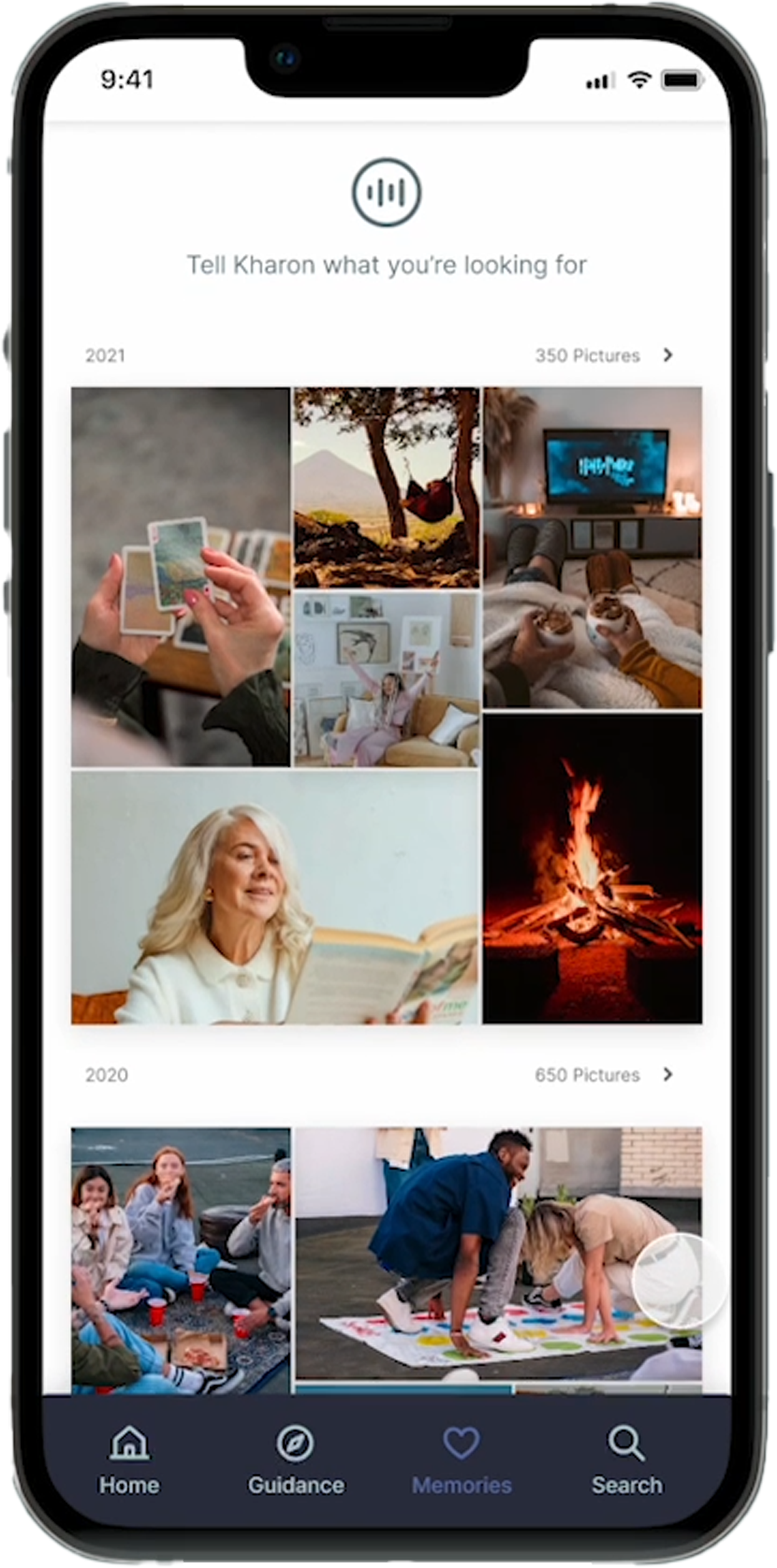
Showcasing Our Vision
Conclusion
Through Kharon, we sought to humanize technology and facilitate compassionate conversations during one of life's most challenging phases. Lessons learned include the importance of empathy, collaboration with diverse professionals, and the potential for design to positively impact end-of-life experiences.
Kharon, currently at the conceptual stage, stands as a testament to our creative thinking and problem-solving skills. As it remains a speculative design project, our goal is to foster affection, open-heartedness, kindness, tolerance, and human connection in the face of mortality, showcasing the potential impact of thoughtful design even before full realization.
Credits
This project was conducted as part of the Master of Arts in Integrated Design Studio course —Death is not for Everyone—, during the Winter Semester 2021/2022 at Anhalt University of Applied Sciences, under the guidance of Professor Mito Mihelic.
Team
Judy Elkhatib, Ruth Galindo, Nabha Joshi, and Adriana Rodriguez-Conto.



